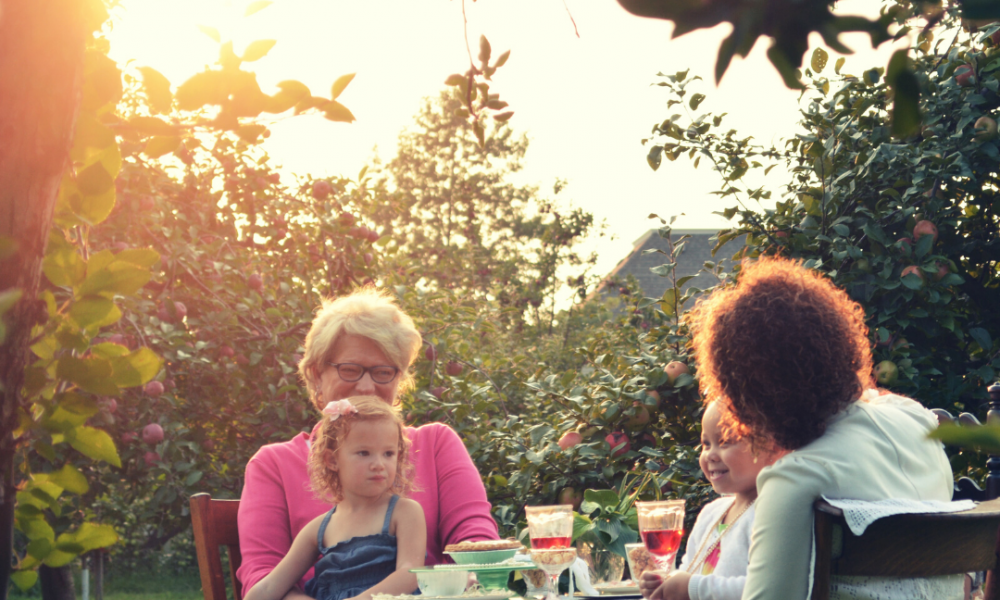
At the end of 2012, I became vegan. It was a campaign set up by the company I worked for back then. The campaign ended up being cancelled, but I was still very set on seeing it through. So overnight I went from eating everything without any dietary restrictions to being a vegan. Part of the reason I embraced the challenge to become vegan was my stomach. I’ve always had a bit of an unreliable stomach and the only medical solution presented to me was ‘You may have IBS’ (irritable bowel syndrome). Since there isn’t really any treatment for IBS other than to avoid eating whatever makes your tummy upset, I was kind of stymied. I had never been able to pinpoint exactly what made my stomach upset, but I thought going vegan might at least help me exclude some potential candidates. It was a roaring success, and I was vegan for two years.
Going in to my third year of being vegan, my health had improved remarkably, but there were still some residual problems that my vegan diet hadn’t fixed. After some research, I decided to try going gluten free as well. For six months, I was vegan and gluten free, and it was such a hassle! However, it did help my stomach.
During the summer of 2014 I decided it was no longer feasible for me to be vegan and exclude gluten from my diet. I slowly introduced dairy and egg to my diet again, but not meat. I lost all taste for meat after being vegan for a couple of months. I have now been gluten free since 2014 and I feel like it really works for me. I had my GP test me for coeliac disease (this means that the protein that is gluten causes serious damage to the bowels), but it came back negative.
However, since my stomach functions like it should when I completely remove gluten from my diet, I’ve decided to stick with being gluten free. When it comes to cooking I still cook a lot of vegan food that is naturally gluten free; lentil daal with rice, rice noodle stir fry, different vegetable soups, etc. My go-to meal when I don’t know what to cook or I’m too tired to think of anything, is oven-roasted broccoli with sweet potatoes and chickpeas. Works every time, and I can eat the leftovers cold at school the next day!
Do you have experience of any of the topics discussed in this post? Comment below to share your thoughts and subscribe to our mailing list for updates on how LiberEat can help you.
LiberEat’s content is not intended to be a substitute for professional medical advice. You should always take precautions and use appropriate judgement to protect yourself and others under your care with regard to food allergies.
Food allergen rules and regulations continue to change and evolve. Food businesses in production, hospitality, catering, and retail must be vigilant when working with ingredients, products, and dishes containing allergens and exercise due diligence when providing ingredient and allergen information to consumers. Successful allergen management is a big part of food safety professionals’ creating a culture of care and excellence within their teams.
LiberEat offers a second line of defence for food businesses by detecting errors, allergens, and other harmful ingredients with our proprietary Allergen Error Detection Technology. Food businesses can apply this technology directly to identify errors in allergen communications, preventing the risk of injury to consumers 24/7, 365 days of the year so that errors are detected, diagnosed and rectified quickly. We know this helps you protect your brand reputation and enhance customer trust in your brand.
Contact us today to learn more about how we can support your existing food safety processes.

